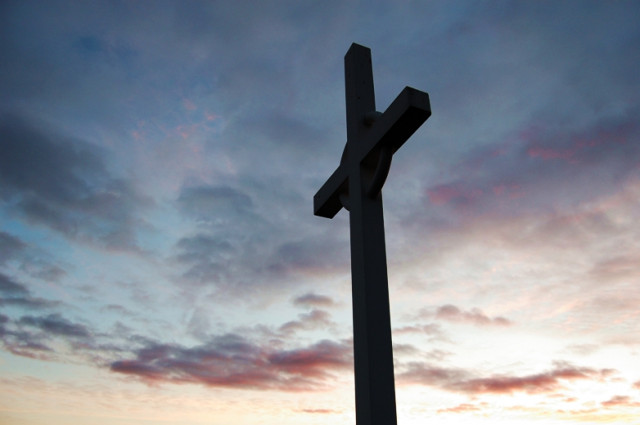Minority groups reject separate province idea
‘Christian groups’ demands don’t represent aspirations of minorities’.

At a joint press conference on June 29, the Centre for Legal Aid, Assistance and Settlement (CLAAS) and the Pakistan National Christian Party (PNCP) presented several demands to the government: end extremism and religious intolerance; give fair political representation to non-Muslims; end “discriminatory laws” including constitutional provisions declaring Islam the state religion and requiring that the president and prime minister be Muslims; end the misuse of the blasphemy laws; denationalise educational institutions set up by Christian missionaries; and recognise the state of Israel so Pakistani Christians may visit holy sites in that country. If the government failed to end discrimination, it must form a separate province for the minorities.
“The concerns are genuine but perhaps the demands are not,” said Peter Jacob, secretary of the National Commission of Justice and Peace, a human rights advocacy body that has been working for more than 20 years in Pakistan.
He said the demands seemed to be a “frustrated response” to the discrimination against minorities in the country. He said while this discrimination was real, there was need for further deliberation on the demands.
He said that he agreed that Christian educational institutions should be de-nationalised, but so did policymakers themselves, and several colleges had been denationalised in recent years. “Nevertheless, the government should provide a support structure for these institutions,” he said.
Jacob said that mainstream churches had never demanded a separate province for non-Muslims, an idea which he said was neither wise nor politically possible. “As activists we have always demanded equal freedom and rights within the territorial framework of the country,” he said.
Jacob said that the All Pakistan Minorities Alliance, not the two Christian groups, spoke for all the non-Muslims in Pakistan.
“At the moment we do not support the idea of a separate province,” said Pervez Rafique, chairman of the All Pakistan Minorities Alliance (Founders), which claims to be the largest minority representative party in the country.
Rafique, currently an MPA with the Pakistan Peoples Party, said minorities felt a sense of insecurity due to political, social and economic discrimination against them being largely ignored by the state.
He said any call for a province on a linguistic, ethnic or religious basis was not in the national interest. But, he added, “constant victimisation” had reduced minority members to making such demands.
While minorities could participate in elections, they could not take key positions like prime minister or president, he said. “Minorities are being constitutionally victimised,” he said.
Rafique said non-Muslims had played a major role in the country’s defence, health and education sectors in the past. He said the minorities’ alienation and insecurity could be addressed by giving them equal rights, not a separate province.
Saeeda Diep, a human rights activist, said that Pakistan’s relationship with Israel was a political issue and she did not see how it represented religious discrimination against minority groups. She said that the PCNP and CLAAS should have made their demands after consulting with other minority groups.
Published in The Express Tribune, July 2nd, 2012.



















COMMENTS
Comments are moderated and generally will be posted if they are on-topic and not abusive.
For more information, please see our Comments FAQ